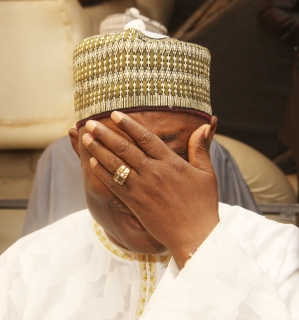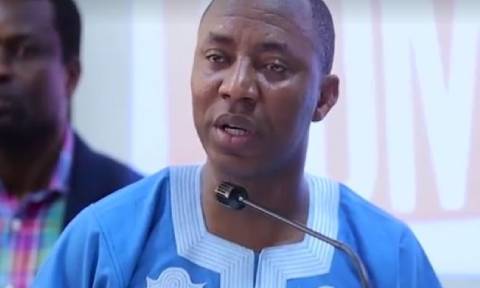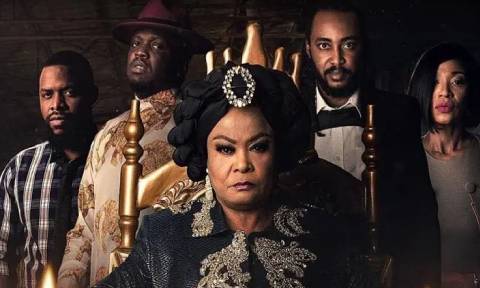
As an expert in forensic psychology it is essential to quickly point out that in researching the current controversies surrounding plea bargaining in Nigeria the constitutionality of plea bargaining is yet to be established in our federal system of justice.
By every standard plea bargaining is odd to the Nigerian legal system as our system of jurisprudence is rooted in the English common law.
Like many things in Nigeria persons, agencies or institutions sometimes covertly make their own “laws” then run their offices with the belief that their creations like the plea bargaining concept is part of the law of the land.
Currently in Nigeria, as pointed out by the Senate President David Mark, plea bargaining should not be used to protect any bad wealthy men and women in Nigeria.
In the same vein, the Chief Justice of Nigeria (CJN), Justice Dahiru Musdapher condemns the unusual leniency that comes with plea-bargaining, an arrangement that is clearly outside the nation’s constitutional or legal system.
But this was not the case of the United States of America, where the system of plea bargaining was legally born 131 years ago and became established constitutionally in 1970 in the Brady v. United States.
In a society with highly functional judiciary, adequate judicial record keeping, efficient policing, and non-corrupt judges plea bargaining becomes very vital. In America, plea bargaining forms about 90% of all criminal convictions and the agreed plea bargaining arrangements cannot be altered once they receive approval from the courts.
In America, plea bargaining as an arrangement in criminal courts helps a person admits to being guilty of a lesser crime in the hope of receiving less severe sentence for a more serious offence and help manage the court cases better.
The American legal system also makes extensive use of plea bargaining in the disposition of offenders deemed to be mentally ill in regards to temporary insanity postures.
A plea bargaining practice that could pass into the cases of many high profile corruption offenders with unbelievable amount of billion naira scam.; an amount of money that that the individual can never fully consumed in his or her life time—a possible sign of psychological abnormality!
If the concept of plea bargaining is going to be continuously taking place in our courtrooms until it gains constitutional blessing, it should be used selectively as with offenders with bizarre financial behaviors. All federal and state courts should consider using plea bargaining in proceedings for involuntary committing corruption convicts into mental hospitals.
For the purpose of practice, and benefit for both the prosecutor and the defendant; let us use plea bargaining in certain matters like in the case of extraordinary corruption transgressions.
In the eyes of many Nigerians corruption convicts especially those involved in high profile cases appeared dangerous to self and/or dangerous to others therefore should be classified as gravely troubled as in the case of many million dollar or billion naira thieves.
In Nigeria, it should be used to serve the interest of the society by having the convicted big man/woman with stolen billions in the bank, and in the bedroom committed to what could be known as a forensic clinic as in a designated unit in our mental or psychiatric hospital in the prison or within the communities.
Plea bargain as a process could mutually satisfy many of these corruption convicts since going to a mental hospital is far better and of a lighter punishment than getting very long sentence or receiving possible death sentence which many Nigerians are now calling for.
On till the law makers in the National Assembly make plea bargaining part of the law of the land like the Criminal Justice System of Lagos State, let these corruption convicts get the benefit of psychological testing, behavioral therapy, moral modification, and social accountability through plea bargaining.


















